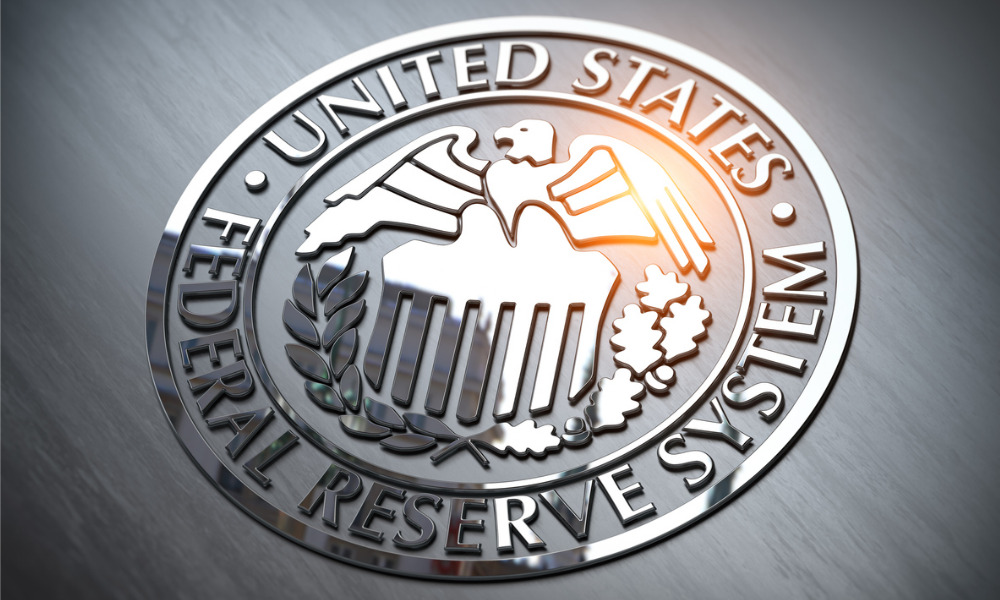If U.S. monetary policy deviates from expectations, expect more volatility, says AGF CEO

The recent failures of Silicon Valley Bank and Signature Bank have unsettled investors, and while equity markets have recovered from the initial turbulence, there is still concern that these failures could prompt a more aggressive slowdown in economic activity, ushering in a recession earlier than anticipated.
Kevin McCreadie, CEO and Chief Investment Officer of AGF, stated that the fear of a shrinking deposit base has led regional banks in the United States to tighten their lending rules. As a result, some smaller banks have less cushion to lend money, which forces them to provide extortionate terms that borrowers find unacceptable. Due to the lack of a buffer, regional banks are no longer able to lend money, which forces them to completely exit the lending market.
What effect does this have on the future steps taken by the US Federal Reserve?
McCreadie says, “It certainly complicates matters. Credit is like oxygen for the economy, and, without it, growth can easily get snuffed out. That’s why some investors believe the Fed needs to start cutting rates to make credit cheaper and more attractive to potential borrowers. But the Fed doesn’t necessarily see it that way – at least not entirely. In fact, while bond markets, in particular, have priced in multiple rate cuts by the end of the year, there’s been no such signal from the US central bank, which remains laser-focused on getting inflation under control, seemingly above all else.”
The disparity does not imply that the Fed is unaware of the economic danger posed by tighter lending conditions, but it does suggest that it is delaying making a meaningful shift in its policy until it sees sufficient progress toward its 2% inflation objective or evidence of a severe downturn in the economy in the form of incoming data. This means that the Fed should stop raising rates starting in May and instead wait to observe how the economy develops before making any more decisions.
If the Fed doesn't start making cuts as quickly as some investors are anticipating, how would the markets respond?
Investors are primed for disappointment. The anticipation of rate reduction has contributed to gains on the equity markets during the previous month. Therefore, if they do not occur this year, it will likely result in another period of extreme volatility and a possible retest of last year's lows.
Although it will depend on how long interest rates remain unchanged, the Fed's pause could be viewed as a positive step. Markets could start to tense up if the current variations continue and economic circumstances deteriorate without the Fed taking more aggressive action. This can cause the economic situation to worsen.



